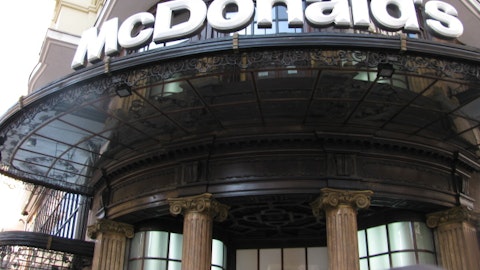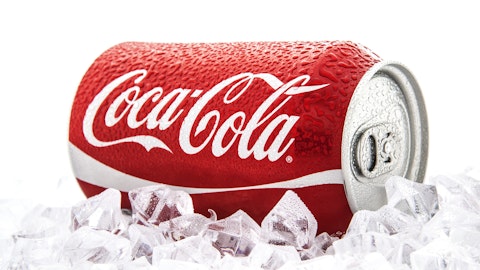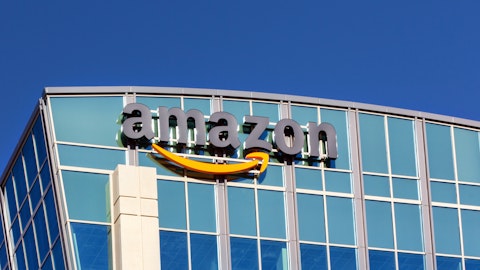Investors are panicking. The stock market is in free-fall. Now is a good time to insulate your portfolio against the worst effects of recessions.
Unfortunately, most investors don’t know about the market-beating returns of Dividend Aristocrats during recessions. In 2008, the S&P 500 fell around 37%. The Dividend Aristocrats Index fell about 22% by comparison.

The Dividend Aristocrats Index is comprised of 52 businesses that have 25 or more consecutive years of dividend increases. A business simply must have a strong competitive advantage and fairly stable cash flows to give investors 25 years of rising dividends.
The Dividend Aristocrats Index is filled with businesses that are able to pay rising dividends regardless of the global economy. Of course, some of these businesses do better during recessions than others. Click here to see a list of all 52 Dividend Aristocrats.
We are lucky in that the last large recession ended just 6 years ago. There is plenty of recent data that can inform us of the type of businesses that do well during recessions.
This article examines the Top 10 most recession proof Dividend Aristocrats. All 52 current Dividend Aristocrats were ranked using a combination oflargest maximum drawdown during the Great Recession, and total return from 2007 through 2009. The 10 most recession proof Dividend Aristocrats re examined below:
#10 – Clorox
- 2007 through 2009 total return of 3.8% (versus -15.9% for the S&P 500)
- 2007 through 2009 maximum drawdown of 29.4% (versus 55.2% for the S&P 500)
Clorox Co (NYSE:CLX) is a branded consumer goods company with a market cap of $14.1 billion. The company owns many well-known brands, including: Clorox Bleach, Pine-Sol, Hidden Valley Ranch Dressing, Brita water filters, Burt’s Bees natural products, Glad trash bags, Kingsford charcoal, and Fresh Step cat litter.
The company has paid increasing dividends for 38 consecutive years. Selling staple household products that require consumers to constantly repurchase is a consistent money making business.
Clorox Co (NYSE:CLX) performed well over the Great Recession of 2007 to 2009. The company managed to increase earnings-per-share each year through the Great Recession, as shown below:
- 2007 earnings-per-share of $3.23
- 2008 earnings-per-share of $3.24
- 2009 earnings-per-share of $3.81
While Clorox Co (NYSE:CLX) has performed well through recessions, the company appears overpriced at this time. Clorox currently has a price-to-earnings multiple of 23.5 – yet has barely managed to grow earnings-per-share in the past 5 years. In 2010, Clorox had earnings-per-share of $4.24… For the full fiscal year 2014, earnings-per-share were $4.26.
The company has struggled to grow due to competition from store-brand products. Why buy Glad trash bags when a very similar trash bag is available right next to it for a much lower price? Competitive pressure has actually made net profit fall from a high of $603 million in 2010 to $562 million in fiscal 2014. Earnings-per-share have grown due to strong share repurchases, but Clorox as a business is very slowly shrinking.
This doesn’t mean the company is doomed – or that shareholders will see negative total returns (thanks to dividends and share repurchases), but it does make Clorox look significantly overvalued at its current price-to-earnings ratio of 23.5. Quant billionaires Jim Simons, Cliff Asness, and Joel Greenblatt had large positions in the stock at the end of June.





